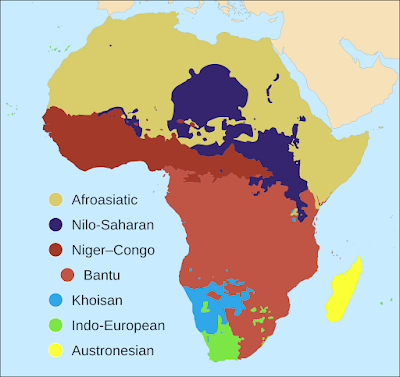The AI Revolution in Journalism: Opportunities, Challenges, and the Global Divide
 |
| The journalist of the future? |
A ground-breaking study from the JournalismAI initiative at the London School of Economics and Political Science (LSE) has shed light on the evolving relationship between artificial intelligence (AI) and the world of news. Surveying over 100 media houses spanning 46 nations, the report offers a comprehensive look into how AI, particularly generative AI (genAI) like ChatGPT and Google Bard, is reshaping journalism.
Conducted between April and July 2023, the survey revealed a promising statistic: 73% of news outlets see genAI as a transformative tool for the industry. A significant 85% of those surveyed, encompassing journalists, tech experts, and newsroom leaders, have dabbled with genAI for diverse tasks, from coding and image creation to crafting concise summaries.
The allure of AI in journalism isn't just about automation. Many respondents highlighted AI's potential to liberate journalists from mundane tasks such as transcribing interviews or verifying facts, allowing them to focus on more creative endeavours. One French AI strategist remarked on genAI's transformative potential, noting its ability to "level the playing field between high and low data skills."
GenAI's unique selling points, according to the survey, include its accessibility, minimal technical skill requirements, and an innate ability to grasp "context". This sets it apart from other AI tools that often demand deep technical expertise.
However, it's not all rosy. The human touch remains irreplaceable, especially when it comes to ensuring the accuracy and fairness of AI-generated content. As one Spanish editor astutely pointed out, "No matter how advanced AI becomes, human judgement is paramount in the fact-checking process."
Ethical concerns loom large, with over 60% of participants expressing reservations about AI's impact on core journalistic principles like accuracy, fairness, and transparency.
The report also highlights a pressing issue: the AI divide between the Global North and South. While newsrooms worldwide grapple with AI's integration, those in the Global South face compounded challenges, from language barriers to infrastructural and political hurdles. The legacy of colonialism further complicates matters. A respondent from the Philippines voiced a common concern, lamenting the lack of AI technologies in many Asian languages.
Yet, optimism prevails. A whopping 80% anticipate a surge in AI adoption in newsrooms. The study's authors see this as a golden chance for journalists to harness AI's power to enhance their craft.
Reflecting on the findings, Professor Charlie Beckett, co-author and Director of JournalismAI, commented, "Journalism is on the cusp of another tech-driven metamorphosis. GenAI tools pose challenges to information integrity, but they also promise to revolutionise journalism, making it more efficient and trustworthy."
Mira Yaseen, co-author and lead researcher, emphasised the global AI disparity, stating, "The benefits of AI are predominantly reaped by the Global North, while its drawbacks disproportionately impact the Global South. To truly harness AI's potential equitably, we must adopt a power-conscious approach to global AI development."
This report not only offers a snapshot of journalism at a pivotal moment but also underscores the need for a balanced, global perspective on AI's role in the media landscape.
_WITH_JOURNALISTS_AT_THE_6TH_ZIONIST_CONGRESS._SEATED_NEXT_TO_HIM_IS_Z._WERNER,_EDITOR_OF_THE_ZIONIST_PAPER,_DIE_WELT._%D7%AA%D7%90%D7%95%D7%93%D7%95%D7%A8_%D7%94%D7%A8%D7%A6.jpg)

Comments
Post a Comment